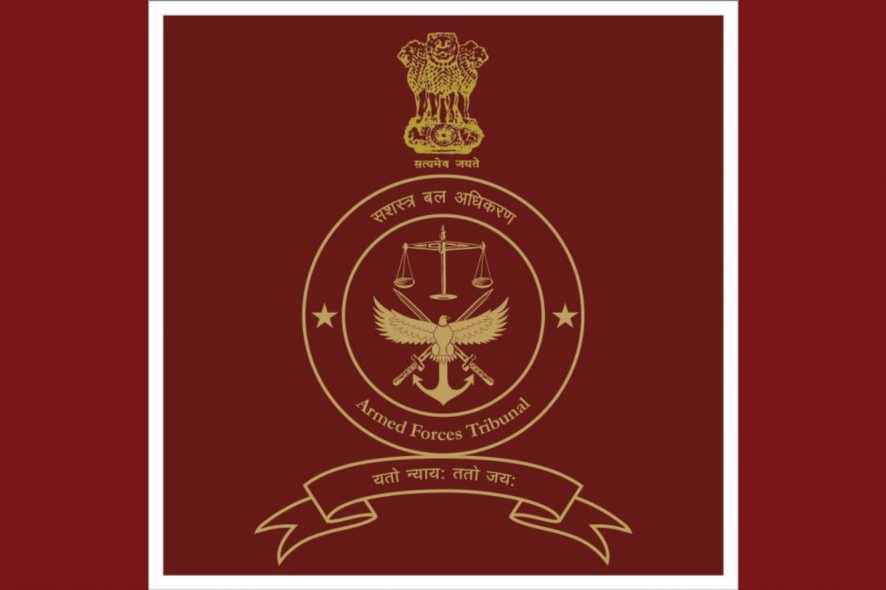Armed Forces Tribunal (AFT), Lucknow: The Bench of V.K. Shali, J. and Air Marshall B.B.P. Sinha (Member) disposed of a petition in favour of the petitioner where the extension of benefits was sought for.
In the pertinent case, the applicant was enrolled in the Army on 02-02-1971 and he was discharged from service with effect from 01-03-1995 on completion of terms and conditions in the Army in the rank of Havildar. He was bestowed honorary rank of Naib Subedar after retirement. The grouse of the applicant is that though he was sanctioned service pension of the rank of Havildar, he was not paid the pension and pensionary benefits associated with the post of Honorary Naib Subedar as per the recommendations made by the 6th Pay Commission. The precise submissions by the counsel for the applicant was that the grant of pension for the honorary rank was accepted as contained in government policy which was even circulated by the Adjutant General’s Branch, the same was not extended to him. Per contra, counsel for the respondents submitted that since the applicant had not been granted honorary rank during service, he was not eligible for service pension at par with Honorary Naib Subedar discharged on or after 1-01-2006. And that the Government of India, Ministry of Defence, had announced the policy decision whereby the benefit has been extended to the personnel who retired on or after 01-01-2006.
The Court was of the opinion that the applicant is entitled for the pension of the rank of Hony Naib Subedar and partly allowed the application while considering the view of the Court in Shiv Dass v. Union of India (2007) 9 SCC 274 wherein it was held, “In the case of pension the cause of action actually continues from month to month. That, however, cannot be a ground to overlook delay in filing the petition. It would depend upon the fact of each case. If the petition is filed beyond a reasonable period say three years normally the Court would reject the same or restrict the relief which could be granted to a reasonable period of about three years. The High Court did not examine whether on merit appellant had a case. If on merits it would have found that there was no scope for interference, it would have dismissed the writ petition on that score alone”. The Court was of the opinion that the claim of pension is based on continuing wrong and relief can be sought for if such continuing wrong creates a continuing source of injury.[Govind Singh v. Union of India, 2019 SCC OnLine AFT 1421, Order dated 02-05-2019]






